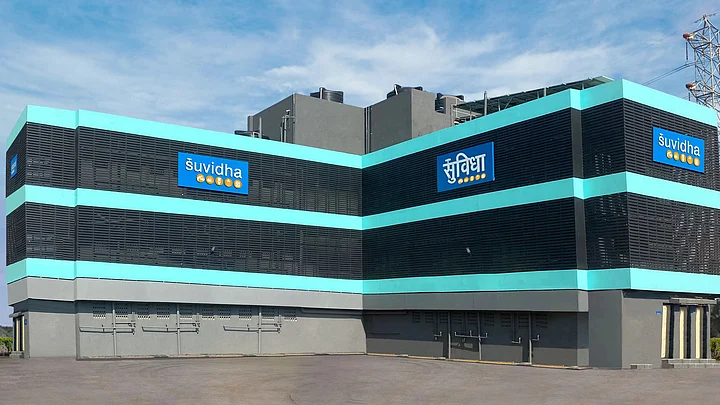Developing nations need upgraded sanitation infrastructure so that citizens can have access to a safe and hygienic lifestyle wherever they choose to live and work. To enable this in the megacity of Mumbai, HUL (Hindustan Unilever) joined hands with HSBC India and BMC (Brihanmumbai Municipal Corporation) in a unique public-private partnership, to launch its 7th Suvidha Dharavi centre - one of India’s largest community hygiene facilities with 111 toilets.
The primary goal of Suvidha Centres is to improve the health and well-being of all residents. The first step towards achieving that is to ensure access to hygienic and safe toilets for all. The Centre is inclusively designed and has additional amenities such as affordable drinking water, showers, laundromat, and safety features for women including – CCTV cameras, panic button alarms as well as sanitary pad vending machine. All these services are available at a subsidised cost to ensure more and more people can avail them.
7 Suvidha centres are currently operational across Mumbai thereby bridging the access gap and driving positive behavioural changes in the communities. Over 2,00,000 people benefit from these centres.
Crucial to the success of the facility is the unique model adopted by HUL and its partners HSBC India and BMC, where members from within the beneficiary community have been employed in planning, cleaning, and maintenance of the day-today functioning of the centre. This system has consequently helped generate livelihoods. More than 50% employees are women. By meeting the citizens halfway and combining benefit with responsibility and pride, HUL hopes to enable community ownership and drive sustainable impact. The Suvidha Centre has also kept in check the health and hygiene of the residents. Given the enhanced sanitation facilities for the residents, there has been a reduction in the incidence rate of diarrhoea by 1.4 times.
Most residents who access these services find them easy to use and inclusive.
Reshma Sheikh homemaker shared her experience of the Suvidha Centre, “Thanks to Suvidha’s laundry services, I can now avoid a burdensome chore and have more time available for myself and my child.”
Since these centres have been built in close consultation with the local community keeping their needs in mind, majority of people agree that using the Centre has improved their self-esteem.
“I am extremely satisfied with this job and have never thought of leaving it. I make a living here serving the community. People now call me Suvidha 'Didi' (sister),” says Saroj Sagar Karale, Centre Manager.
The Dharavi Suvidha centre is powered by solar energy and will also focus on water conservation. The centre has been built to treat and reuse grey water for the community toilets. Additionally, rainwater harvesting techniques and re-usage of treated wastewater will save an estimated 6.5 million litres of water every year.
Over the next decade, ten more centres will be built in Mumbai, serving nearly 4,00,000 people and conserving 800 million litres of water. Good hygiene and sanitation are vital necessities and basic rights of every individual. Combine that with efficient private-public collaboration and the active involvement of the community and you have a sustainable, deeply impactful model of progress
(At The Quint, we question everything. Play an active role in shaping our journalism by becoming a member today.)
